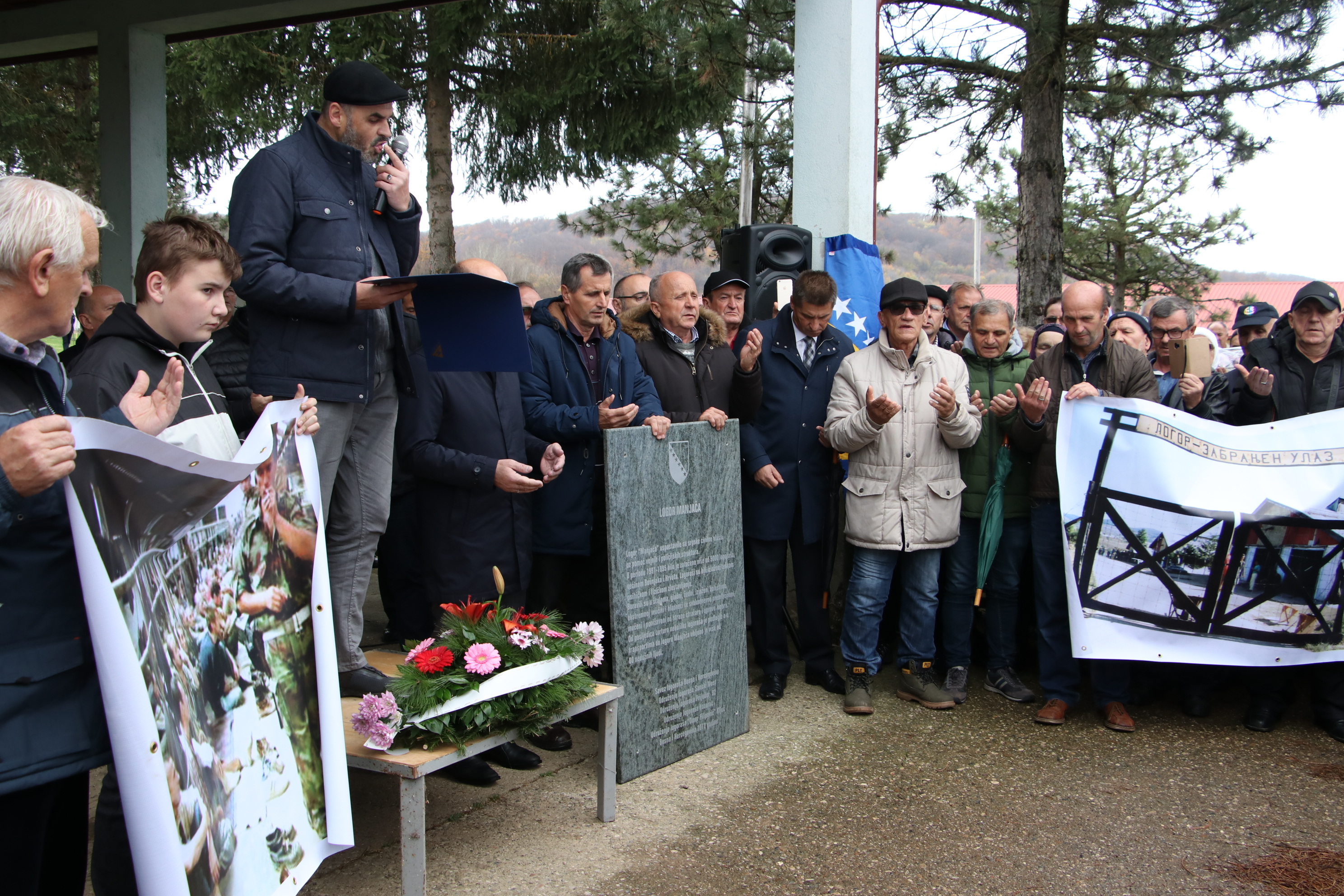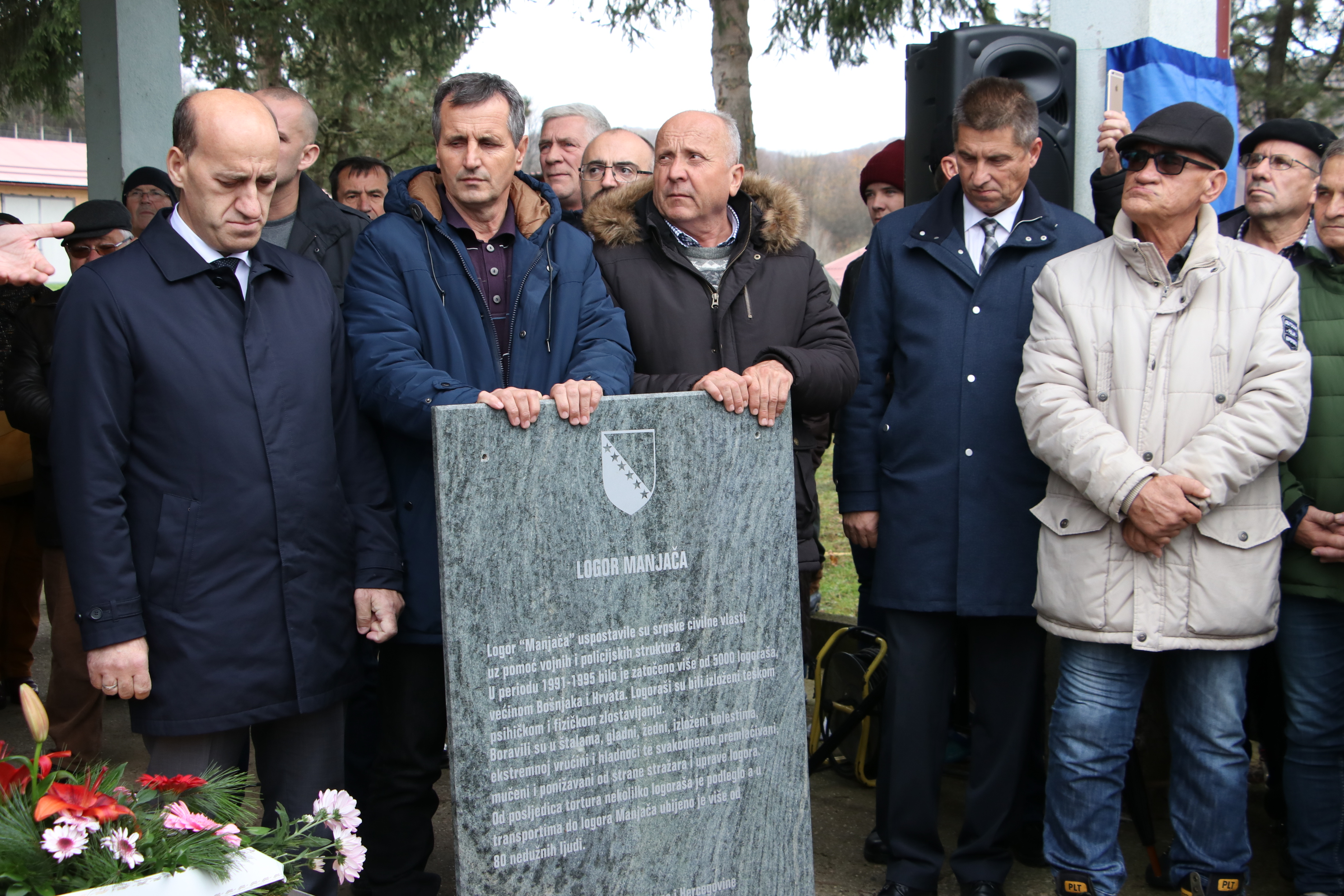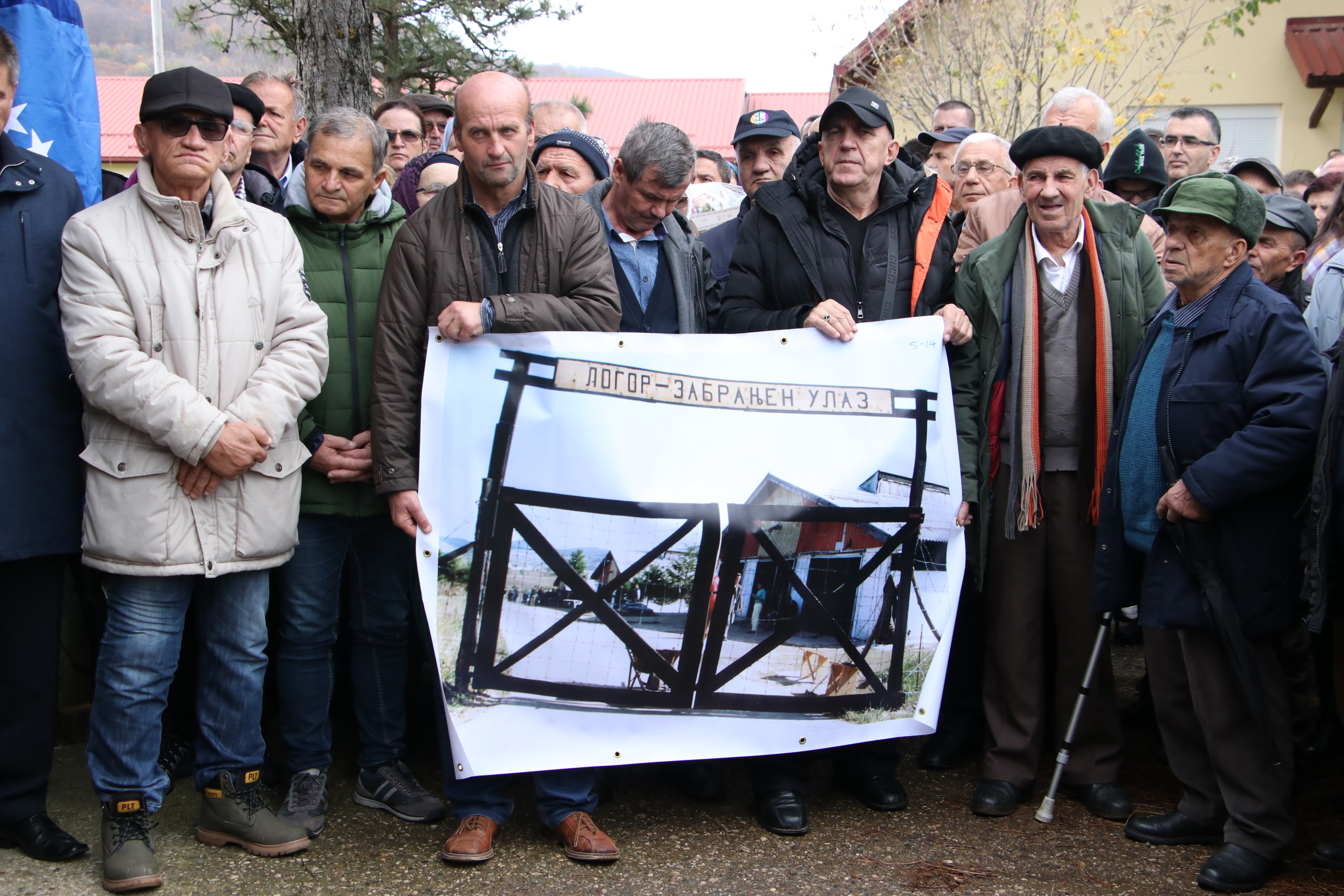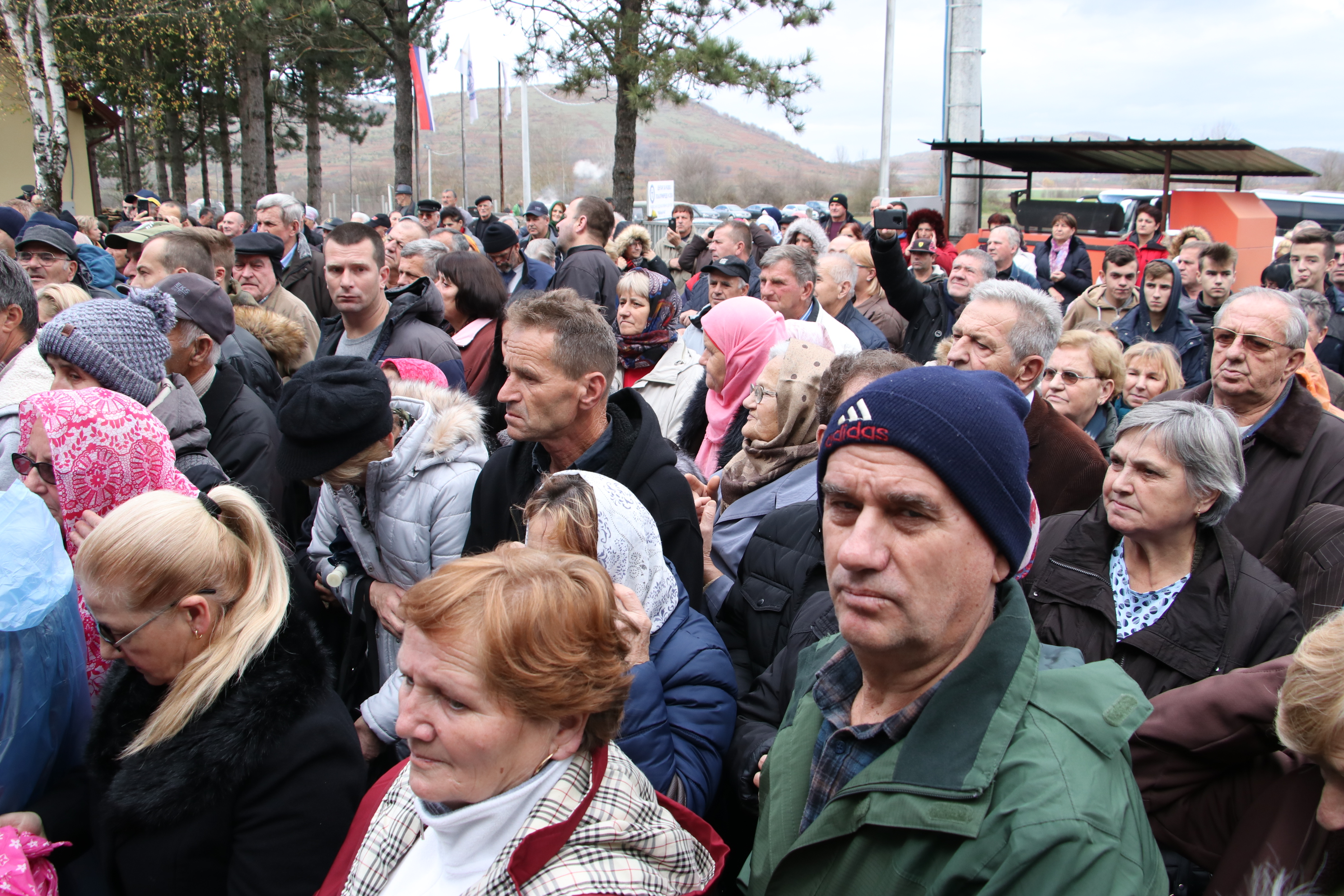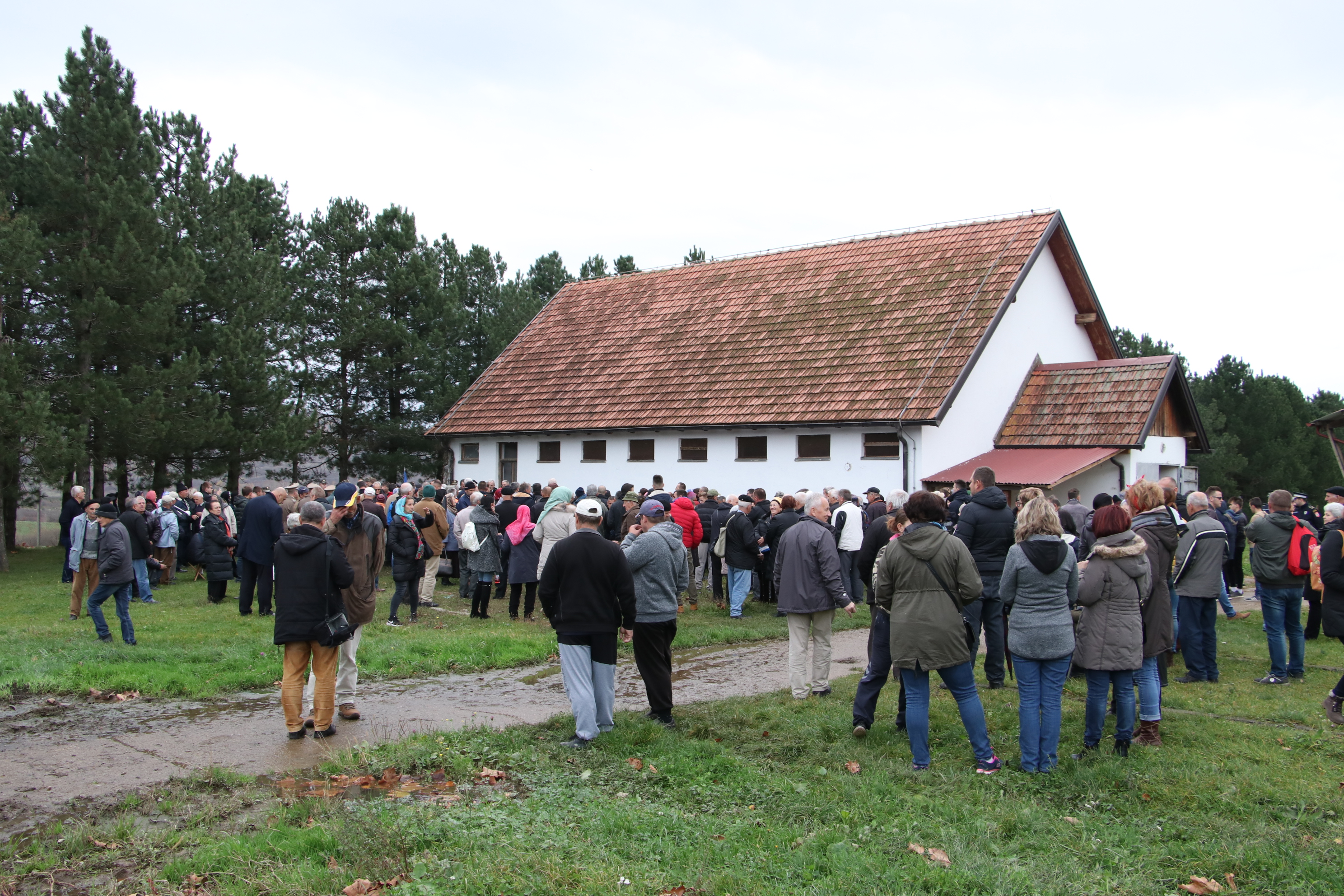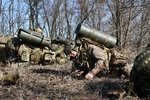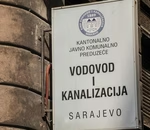Former inmates mark 27 years since wartime 'Manjaca' prison camp was closed down
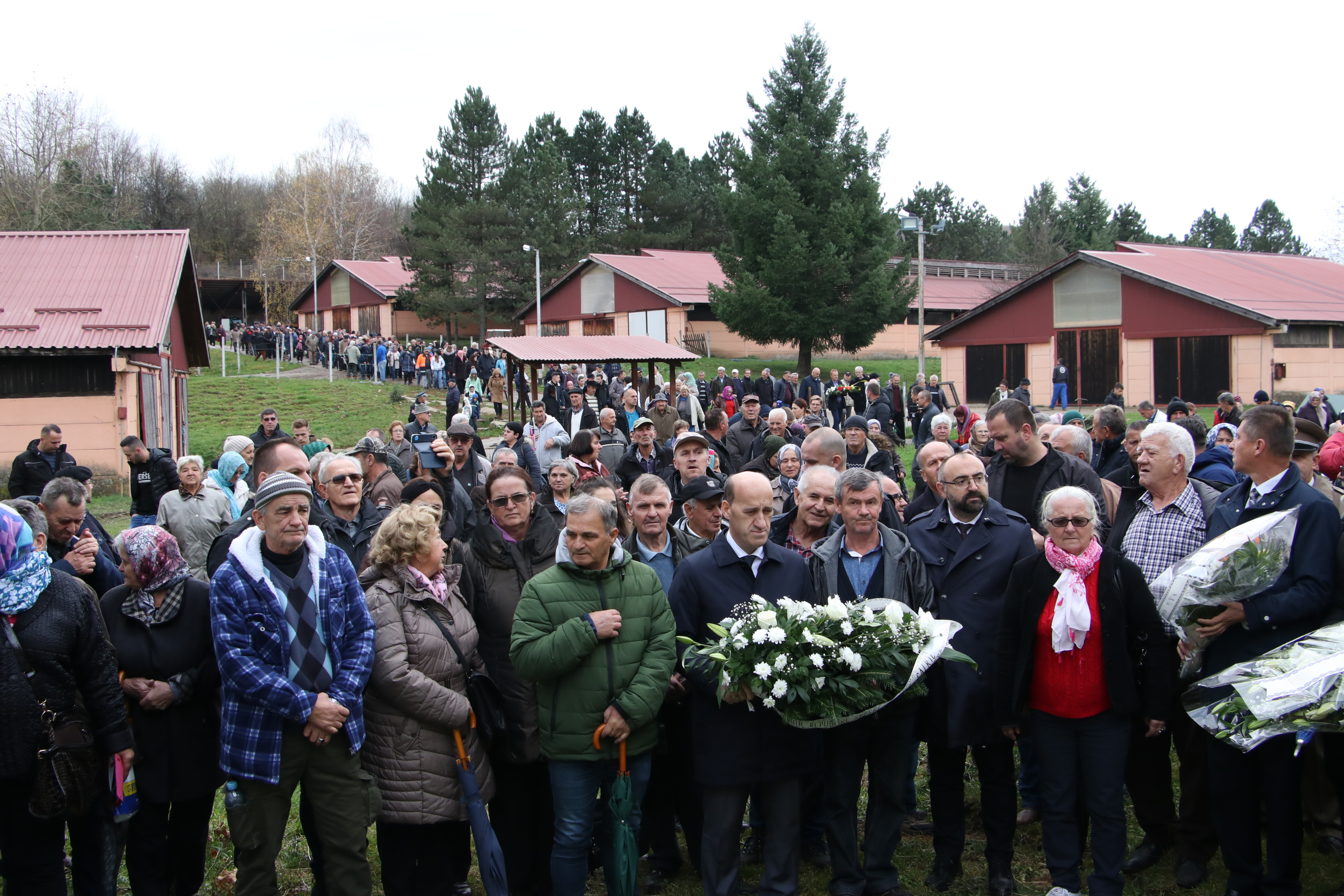
Former prison camp inmates gathered on Saturday to mark the 27th anniversary of the closing down of the Bosnian Serb-run wartime 'Manjaca' prison camp near Banja Luka.
The camp ‘Manjaca’ was formed in 1991 for Croats captured from battlefields in Croatia. When the Bosnian war started, both Croats and Bosniaks from Sanski Most, Kljuc, Prijedor, Kotor Varos, Doboj, Mrkonjic Grad, Sipovo and Banja Luka were imprisoned there.
About 5,000 civilians were held at Manjaca, according to Bosnia’ Association of Prison Camp Inmates. The first group of inmates, seniors and minors, was released on November 14, 1992. A month later, the camp was closed down and a group of the inmates were exchanged for Serb prisoners of war, while another group was transferred to camp Batkovic near Bijeljina.
Manjaca was, however, set up again later and stayed operational until 1996.
Sadmir Alibegovic was brought to Manjaca on June 27, 1992. He said that there were 500 or 600 inmates being held in three barns there when he arrived.
“When we were brought to the gate, we were welcomed by a group of abusers - I don’t know how else to put it, I can’t call them soldiers nor police officers. They immediately began abusing us there, beating us,” Alibegovic said.
Two of the prisoners died from the beatings, he said.
He explained that he was arrested in Sanski Most for no reason other than for being a Muslim.
“I knew I was not guilty of anything, and despite that, this is the way I am being treated in the 20th century. When we came here we were like slaves, we had to walk around with our heads lowered, with our hands at our backs, dressed in some military uniforms, starved. We would get such a small amount of food that it wasn’t enough to survive,” he said, adding that there is no way one can recover after going through what he went through.
“The worst thing is when you hear that those who did this deny that it ever happened, that we were beaten and abused,” he said.
The head of the Association of Prison Camp Inmates of Bosnia and Herzegovina, Jasmin Meskovic, said that former prison camp inmates in the country are “invisible” and “victims of the system.”
He complained about the latest report on human rights in Bosnia and Herzegovina, which was put together by the Ministry of Human Right and Refugees, saying it does not mention the neglect of former prison camp inmates in the country.
The head of the regional Association of Prison Camp Inmates in Banja Luka, Mirsad Duratovic, said that the first group of 755 inmates of Manjaca were freed and transferred to a centre in Karlovac, Croatia, on November 14, 1992.
“Today nothing here reminds of that time, there is no monumental plaque. We have this mobile one which we bring and take away every time because we never got approval from the current owner and user of this property to put it there,” he said.
According to the Vice-President of Bosnia's Serb-majority region of Republika Srpska, Ramiz Salkic, camp Manjaca was “part of the system of concentration camps run by Bosnian Serbs, their military and political leadership.”
“So, the camps in Prijedor, as well as Manjaca, Susica, those in the area of Bratunac, Celopek and Batkovic and all other camps were part of a system which had a goal to persecute, ethnically cleanse, torture, psychologically abuse, kill or in some way chase Bosniaks, Croats and all others who did not support that criminal policy away from this area,” he said.
“That policy was convicted of genocide, of a joint criminal enterprise, of grave crimes, and we are here today to say that this policy should be defeated to the end,” he stressed.
Eight people were sentenced to lengthy prison terms at the International Criminal Tribunal for the Former Yugoslavia, as well as at Croatian and Bosnian courts, for the war crimes committed in relation to the Manjaca camp.
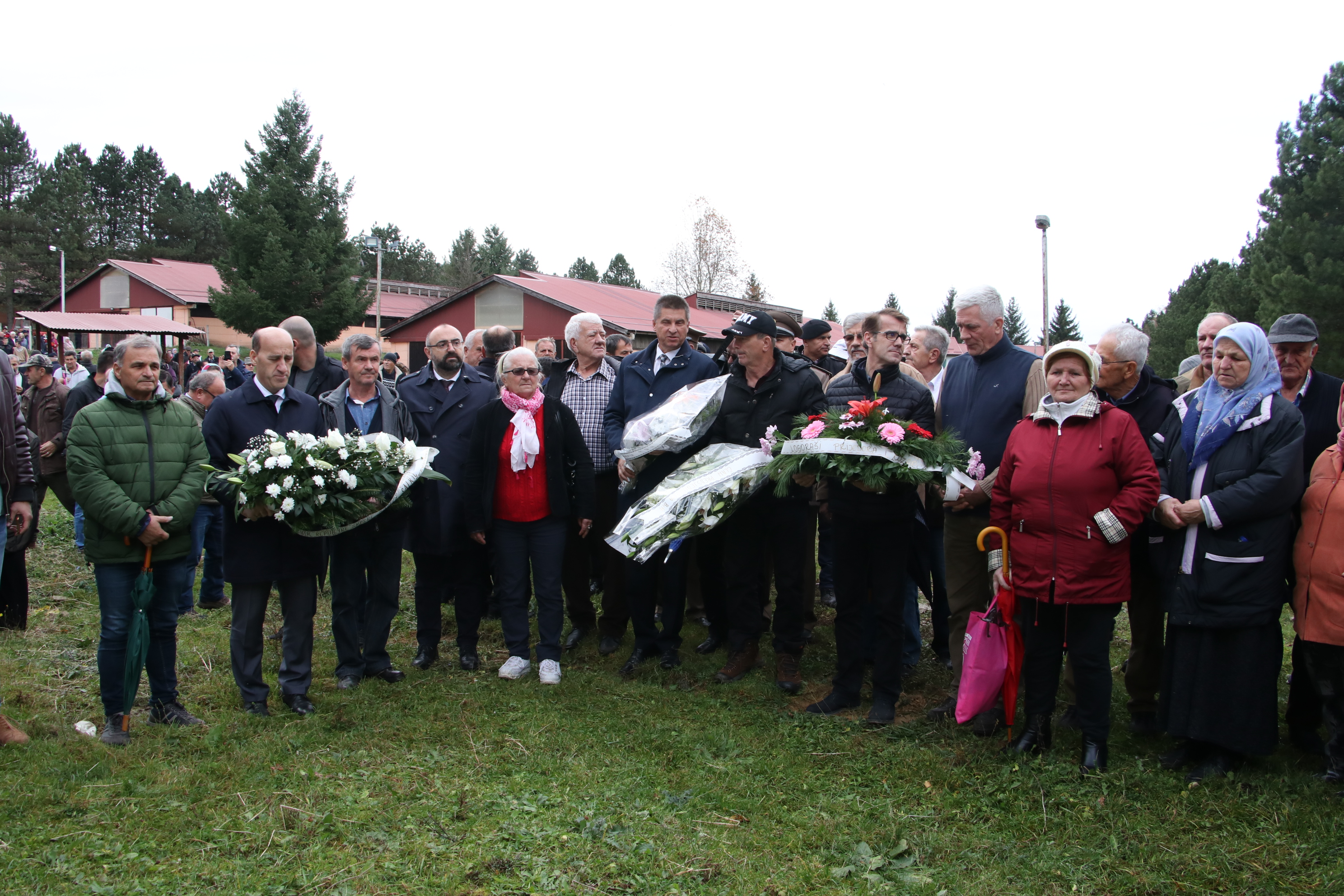
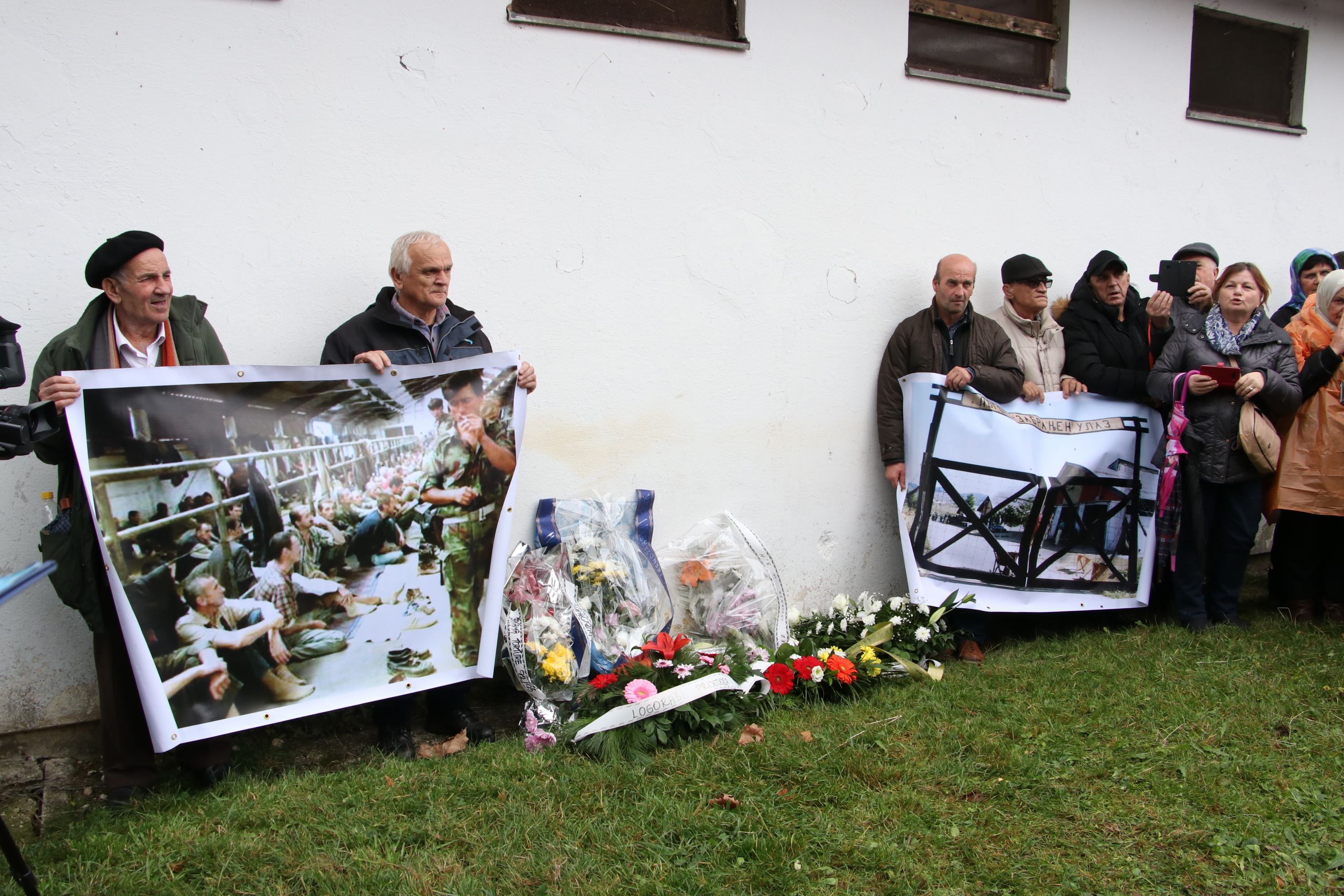
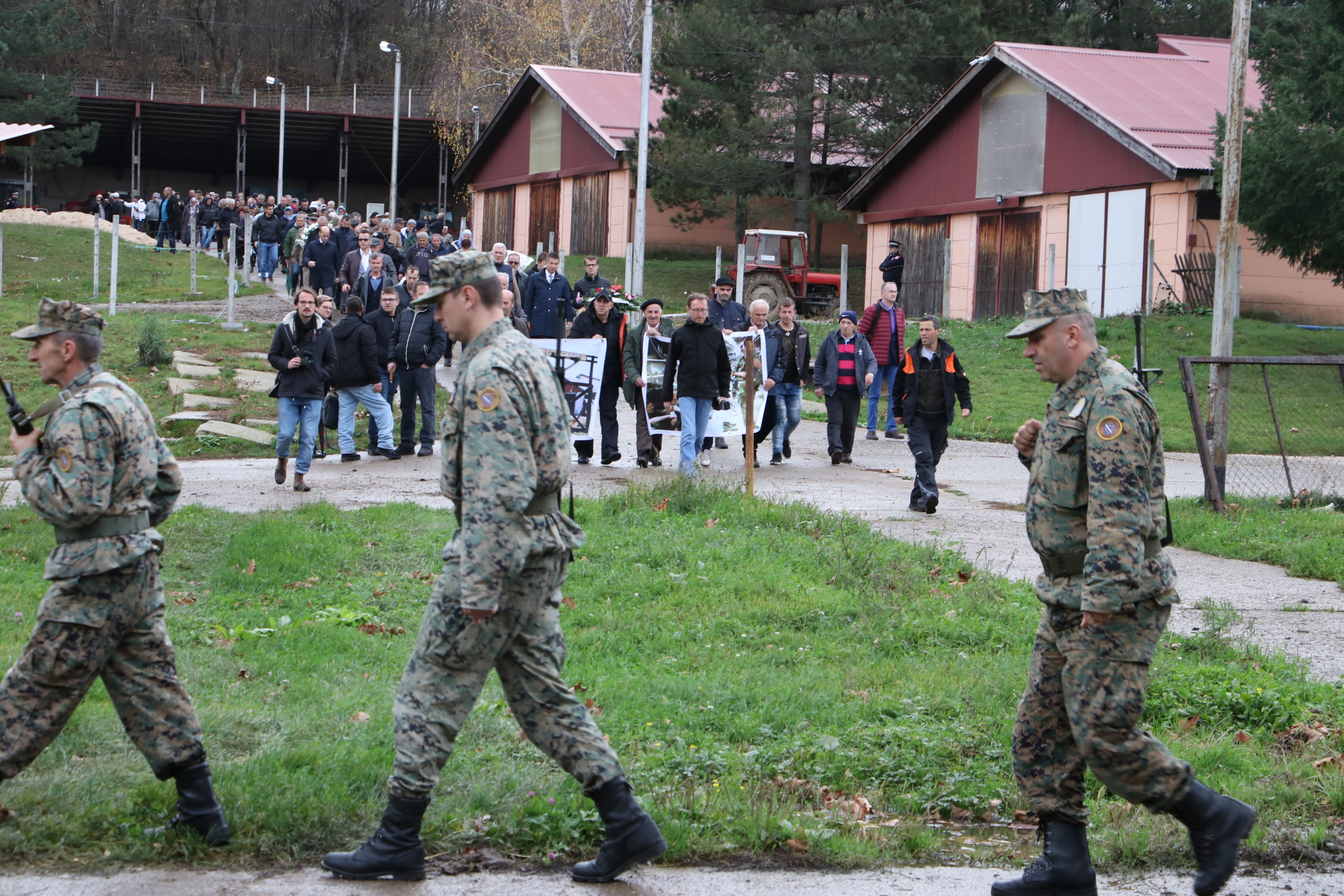
Kakvo je tvoje mišljenje o ovome?
Učestvuj u diskusiji ili pročitaj komentare





 Srbija
Srbija
 Hrvatska
Hrvatska
 Slovenija
Slovenija




